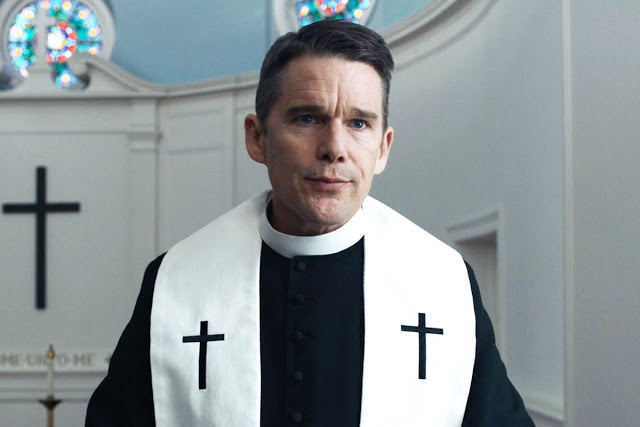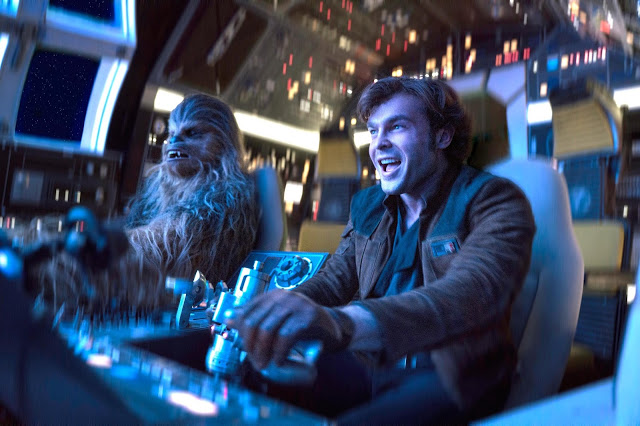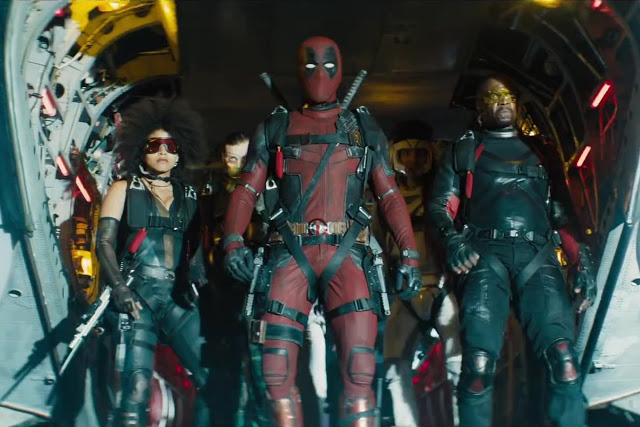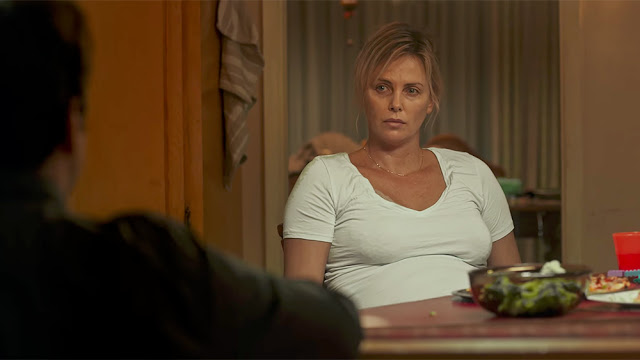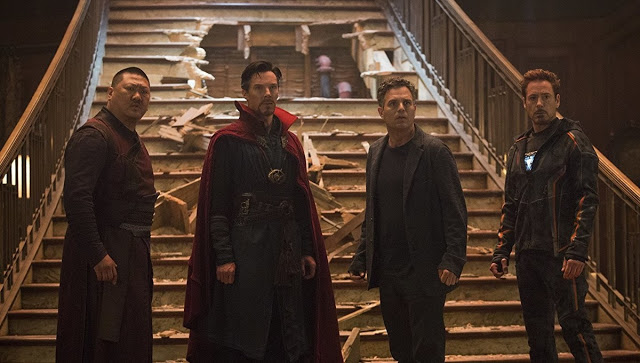First Reformed: Still Preaching, But Is Anyone Listening?
Ethan Hawke has always had a crease in his face, a thin vertical line running from the center of his forehead to the bridge of his nose. But this crinkle somehow looks more pronounced in First Reformed, as though the weight of the world has been pushing in on his features and flattening the surrounding skin. Hawke is a naturally garrulous presence—recall his motormouthed writer of Richard Linklater’s Before movies, as well as his cool dad of Boyhood—which makes him a curious choice to play Reverend Toller, a solitary preacher haunted by internal demons. But just as Hawke’s career has slowly illuminated the considerable talent behind the folksy Texas charm (he’s recently done some of his best work in low-profile films like Predestination and 10,000 Saints), First Reformed gradually reveals itself as a different creature, a more subtle beast, than it first appears. What starts as a sober character study eventually transforms, almost miraculously, into… something else.
To say too much would risk spoiling the story’s surprises, but it’s important to note that the story is surprising, and that it smartly leverages our expectations against us. As you settle in to First Reformed and absorb its particular aesthetic and narrative qualities—its cramped aspect ratio, its grey palette, its solemn and solitary voiceover—you are likely to deduce that the movie will unfold as an attentive but familiar exploration of its complicated, grief-stricken hero. Your assumption will not be entirely wrong; to the last, First Reformed commits completely to its mission of understanding what makes Reverend Toller tick. But Paul Schrader, the iconoclast who wrote and directed this movie and whose name will be forever linked with his script for Taxi Driver, is not interested in making a gentle prestige picture. He goes for the throat as well as the soul. Read More

